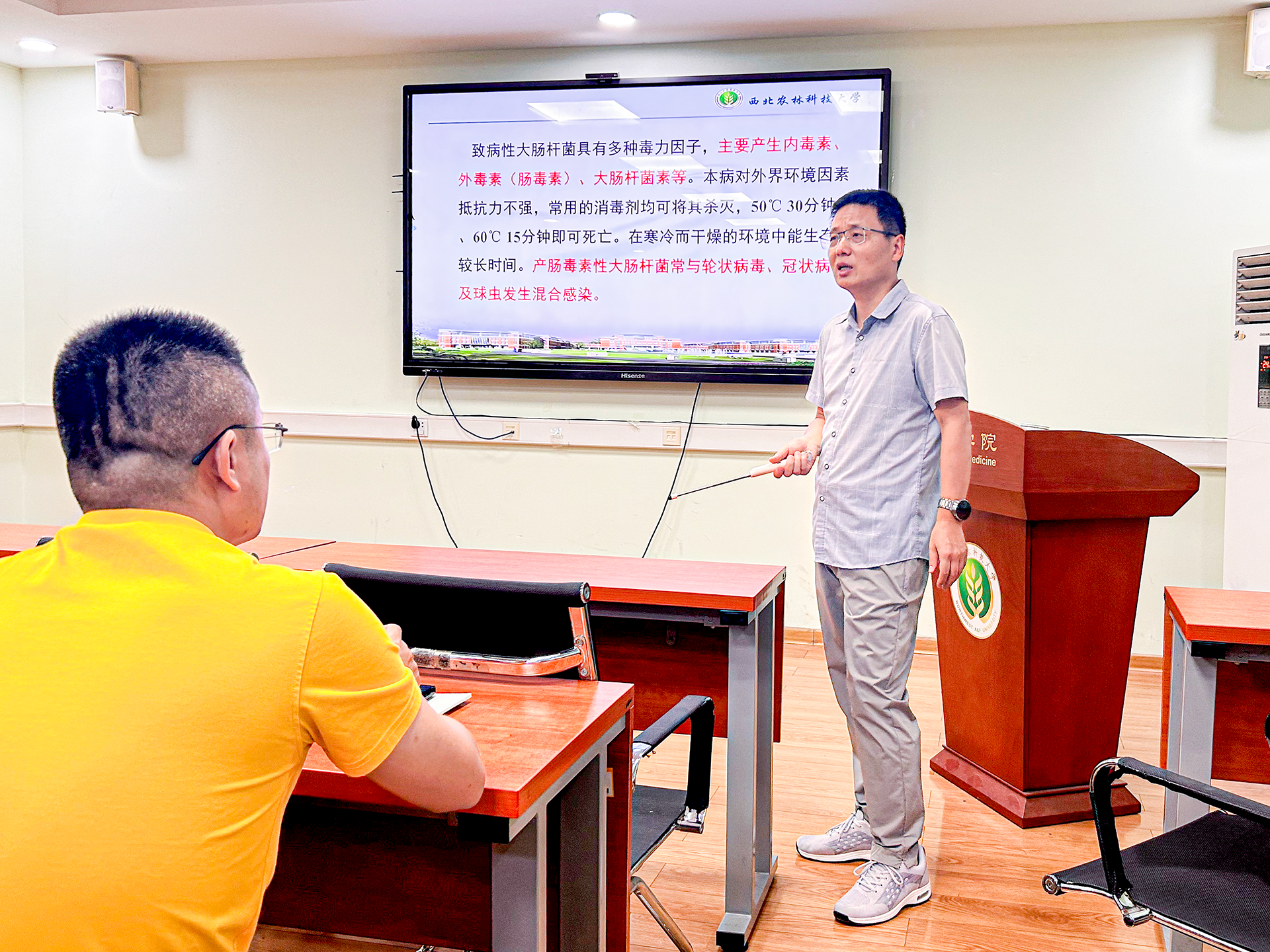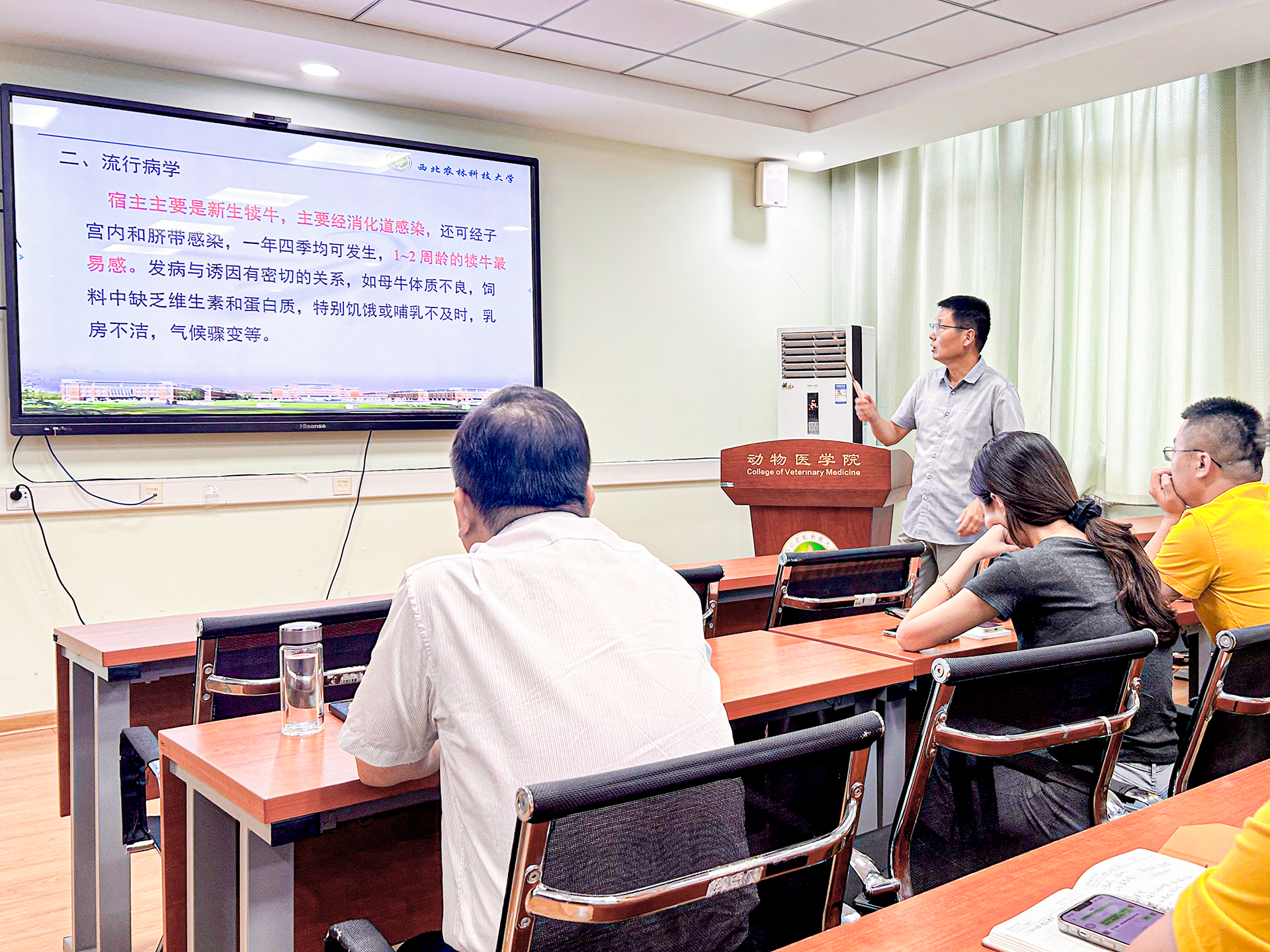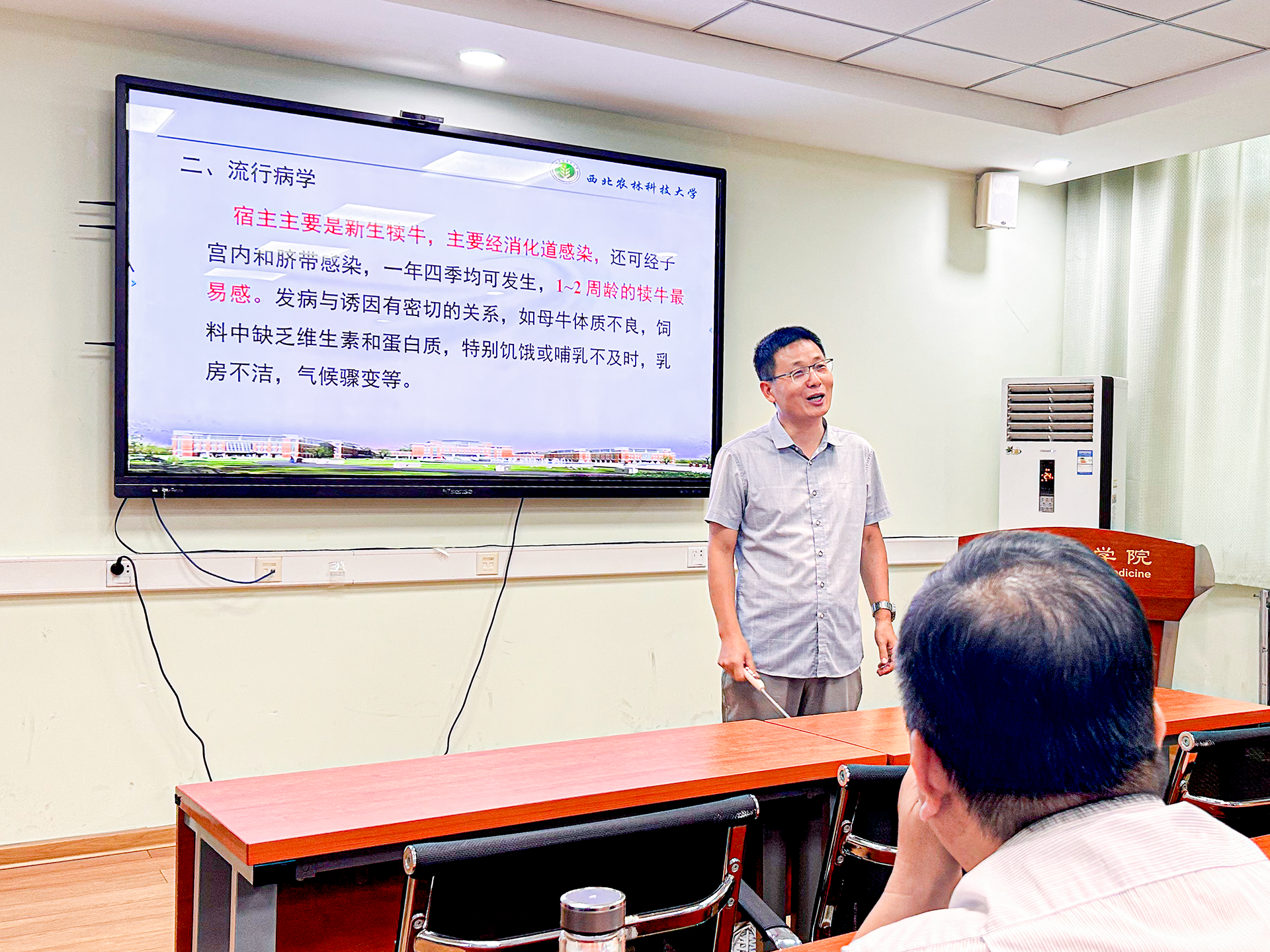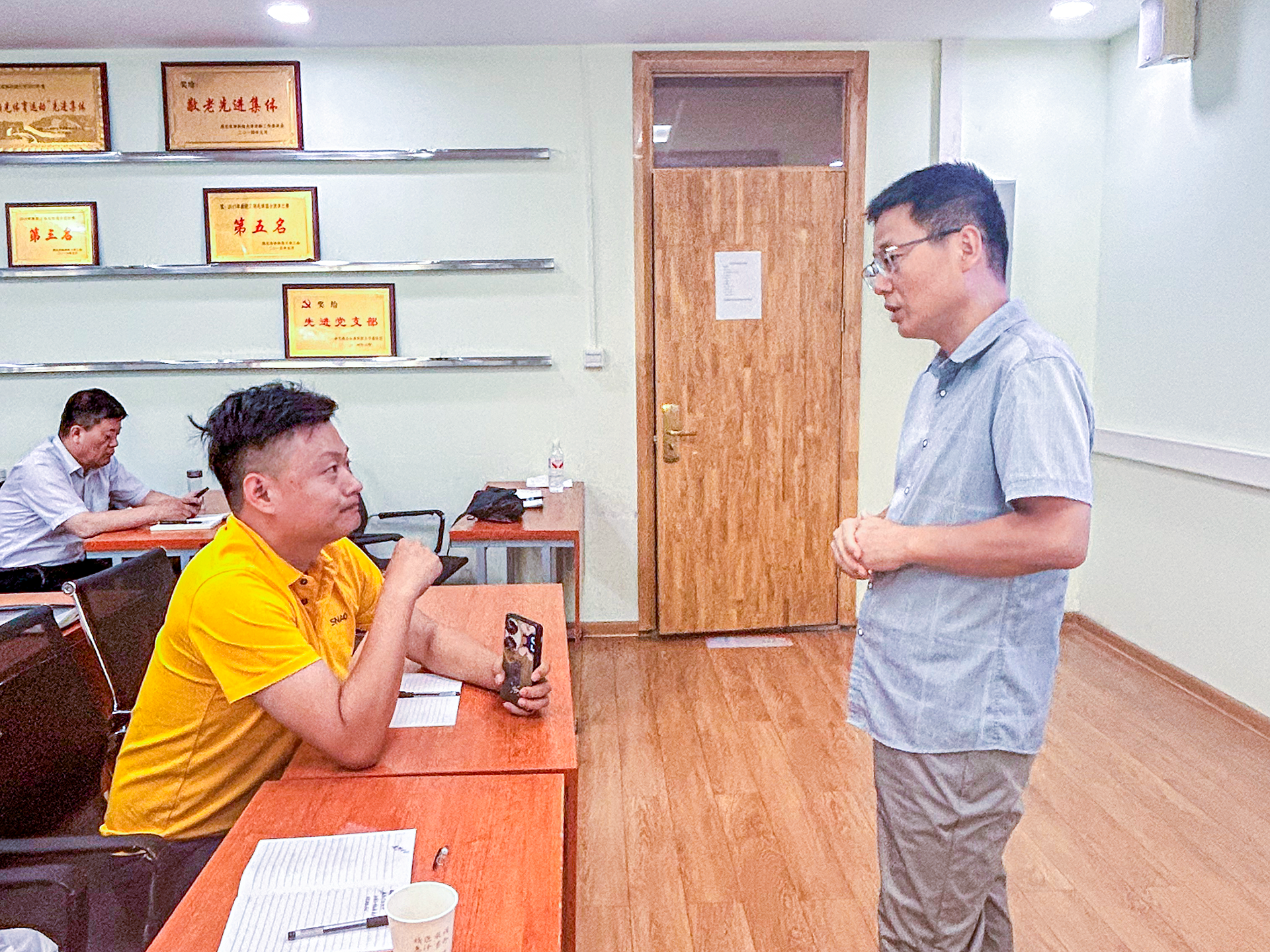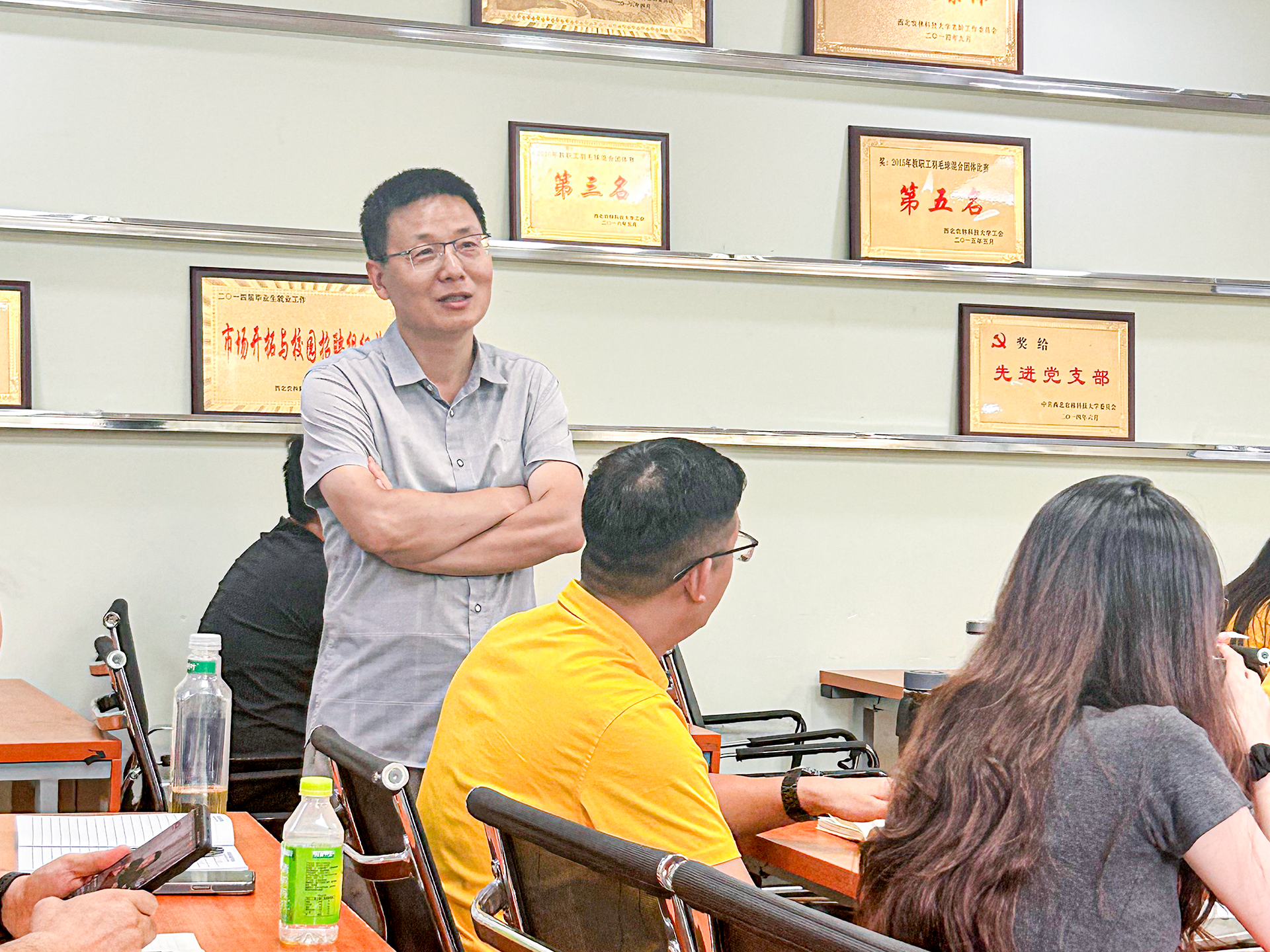
06
2025
-
08
【Saint O Business School】Successfully concluded the third session of the third training program on health management, empowering and improving talent cultivation!
Author:
Zhang Chunhao
Deep cultivation of health management
Empowering and improving talent cultivation
The third session of the third training program has successfully concluded!
From August 1st to 3rd, the third session of the third advanced class of Sheng'ao Business School training program concluded successfully. This training program specially invited Professor Xu Xingang and Associate Professor Zhou Dong from the College of Animal Medicine, Northwest A&F University, as the main lecturers. The two experts focused on three major topics: "Reproductive Disease Prevention and Control and Reproduction," "Piglet Diarrhea," and "Calf Diarrhea." They conducted in-depth interpretations of key areas such as intestinal diseases and obstetric diseases.
Professor Xu Xingang
Prevention and control of diarrhea in young animals
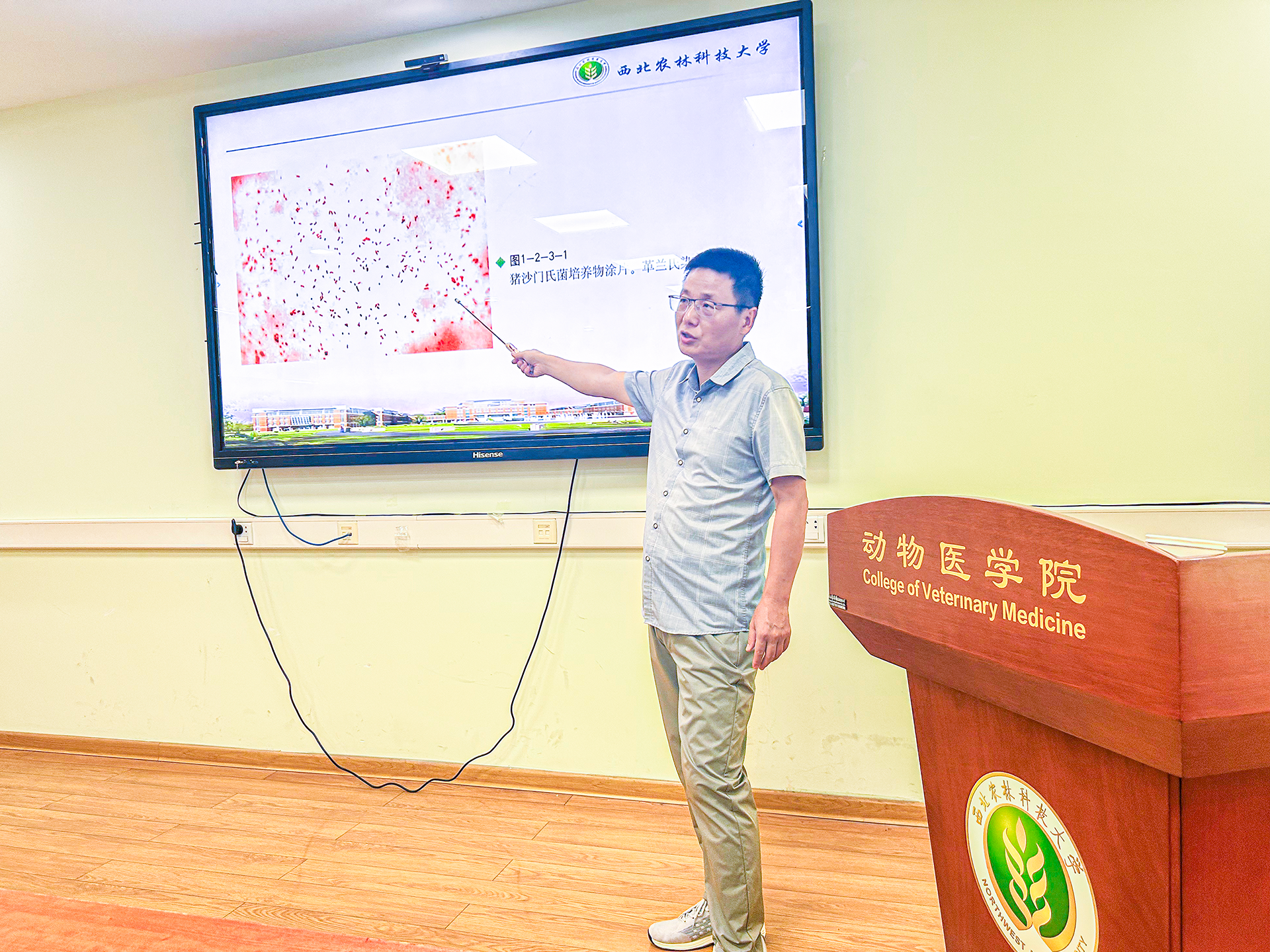
On August 1st, Professor Xu Xingang gave a lecture on "Piglet Diarrhea" and "Calf Diarrhea." He detailed Intestinal flora disorders and their close relationship with the development of various diseases (such as gastrointestinal diseases, metabolic diseases, and immune diseases), giving trainees a more comprehensive understanding of the synergistic interactions between intestinal flora, the mechanisms of flora's influence on metabolism, and deepening their understanding of the mutualistic symbiotic relationship between flora and the host. Professor Xu emphasized that feeding management is the core link in ranch management, and malnutrition and poor management are the main causes of diarrhea in piglets and calves. During the lecture, interactive sessions were also set up, where Professor Xu and the trainees engaged in in-depth discussions on cutting-edge technologies in intestinal microecological testing and the impact of environmental stress on farmed animals.
Associate Professor Zhou Dong
Reproductive disease prevention and control
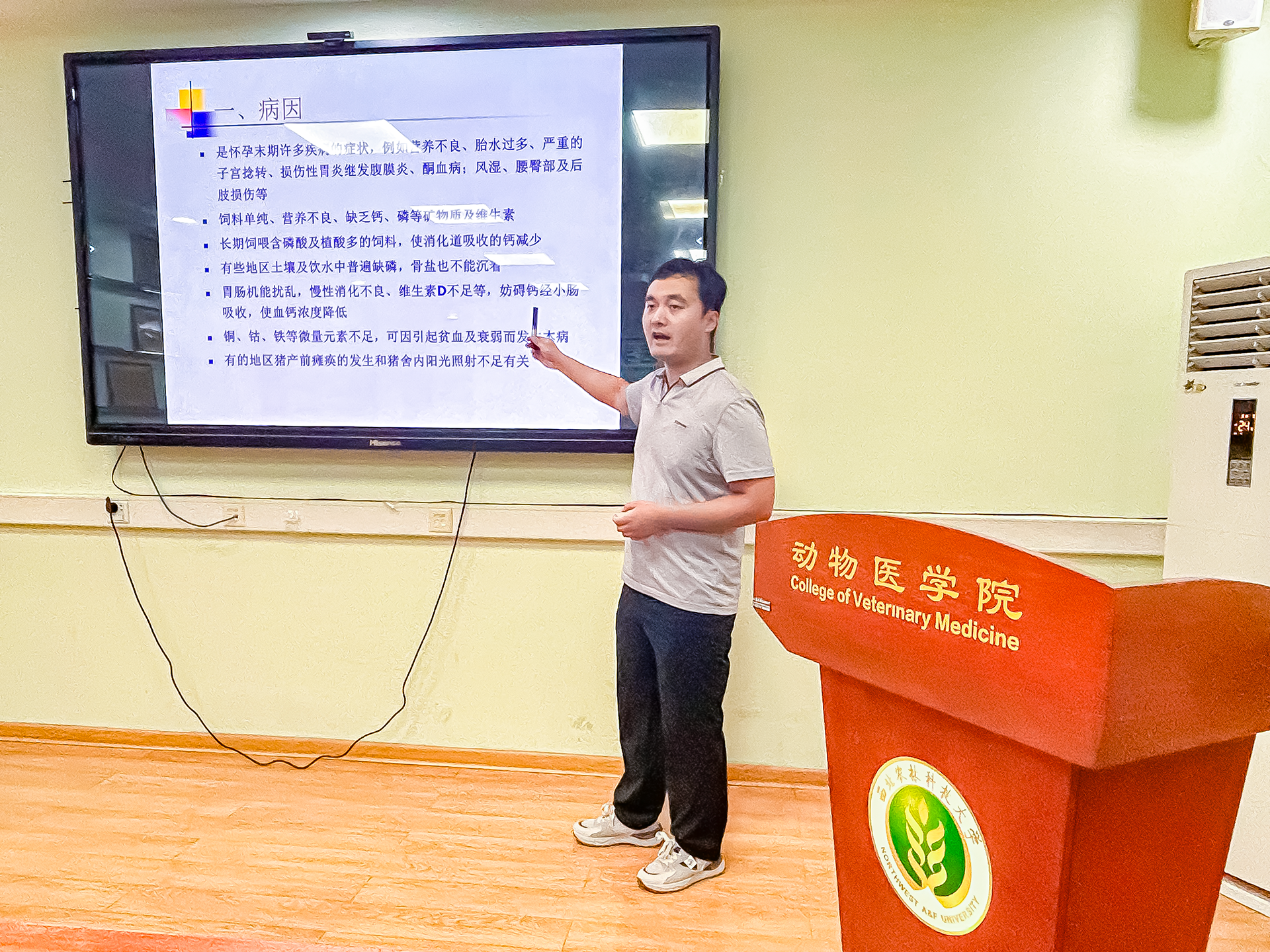
From August 2nd to 3rd, Associate Professor Zhou Dong lectured on "Reproductive Disease Prevention and Control and Reproduction." The course systematically revolved around the core issue of health management in large-scale farms. Focusing on practical problems of disease prevention and control and health management, Associate Professor Zhou detailed the full process technology from clinical symptom identification to diagnosis, and combined typical cases to share practical solutions such as hormone regulation and integrated Chinese and Western medicine treatment, advocating the "prevention first, precise intervention" treatment concept. This effectively improved the trainees' diagnostic and comprehensive prevention and control capabilities, helping to improve the actual clinical testing and diagnostic capabilities and the effectiveness of disease prevention and control in large-scale farms, and promoting cost reduction and efficiency improvement in farms through technological synergy.
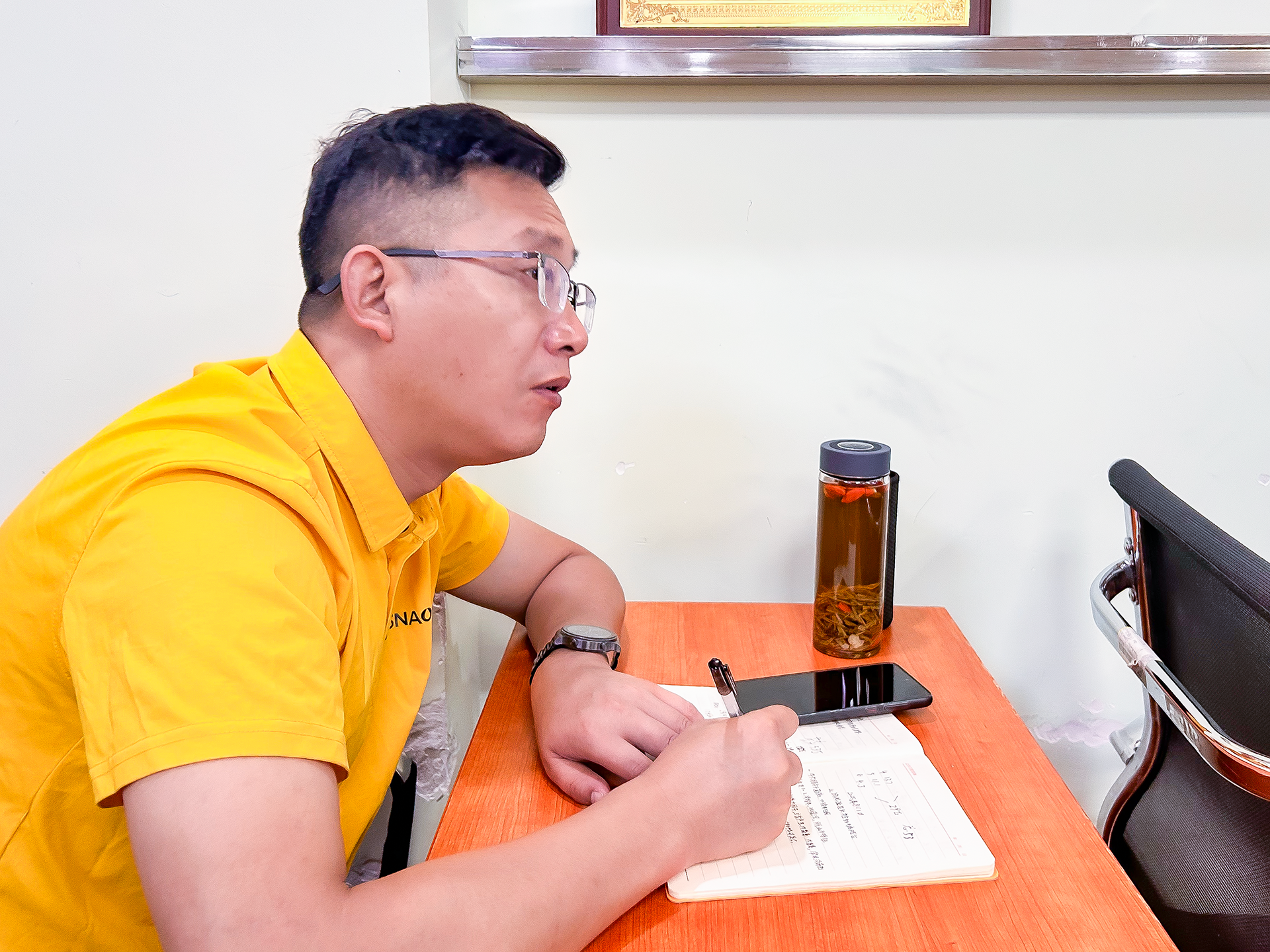
This training program adopted a diversified model of "theoretical lectures + case analysis + on-site discussions," systematically covering core areas such as farm disease prevention, reproductive disease management, and intestinal disease prevention and control, combining academic depth with practical guidance.
Trainee Zhao Zilong stated that through exchanges and interactions with authoritative experts, he not only mastered cutting-edge technologies but also deepened the management concept of "prevention is better than cure," which has important practical significance for improving the level of farm health management and reducing disease risks.
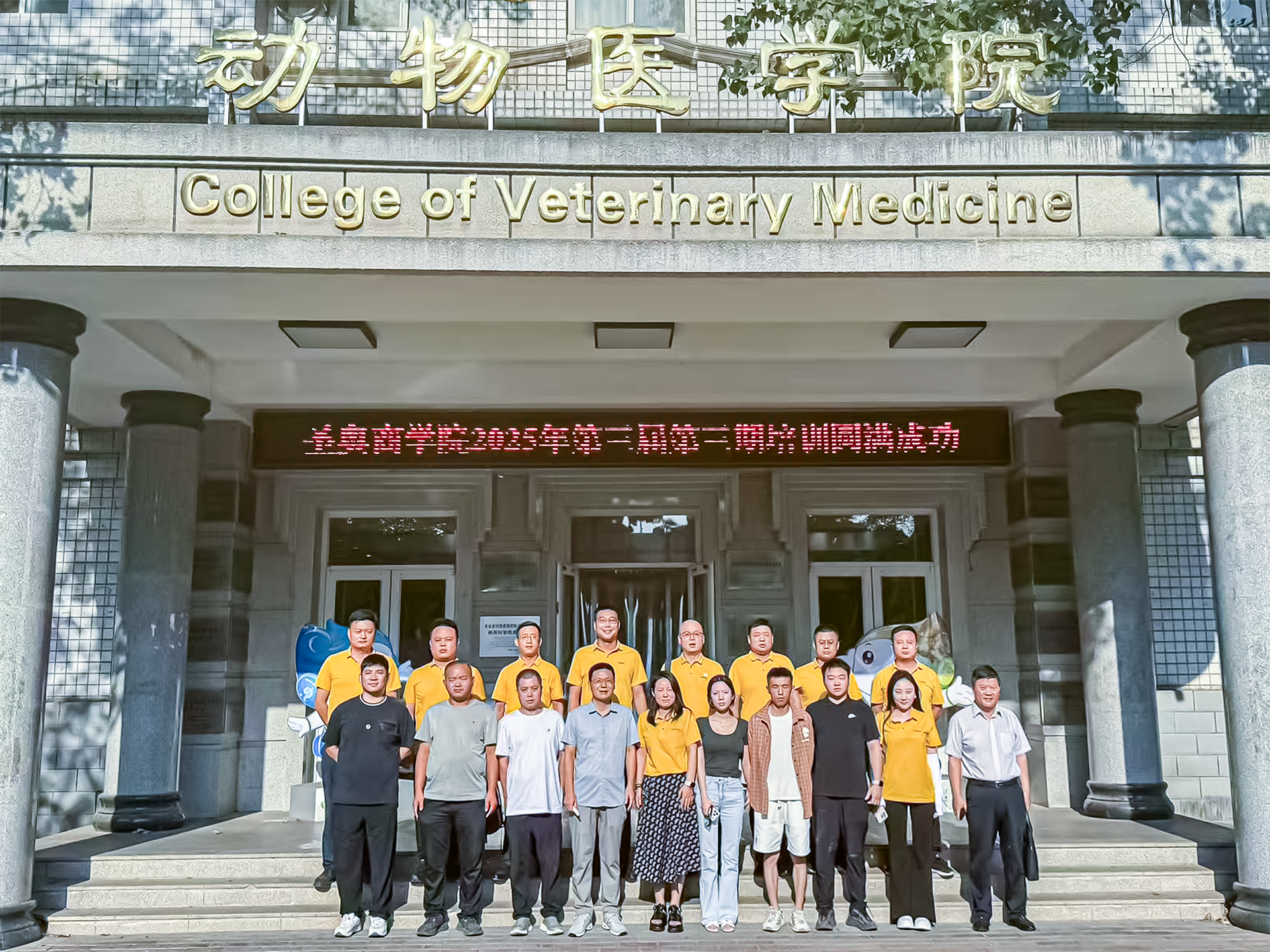
Sheng'ao Business School, through expanding brand depth, consolidating job skills, and improving product awareness, innovatively designs curriculum systems to promote the development of the animal health industry, cultivate high-quality technical and skilled personnel to meet the needs of modern agricultural and pastoral economic development, and help agricultural and pastoral enterprises achieve leapfrog high-quality development.


